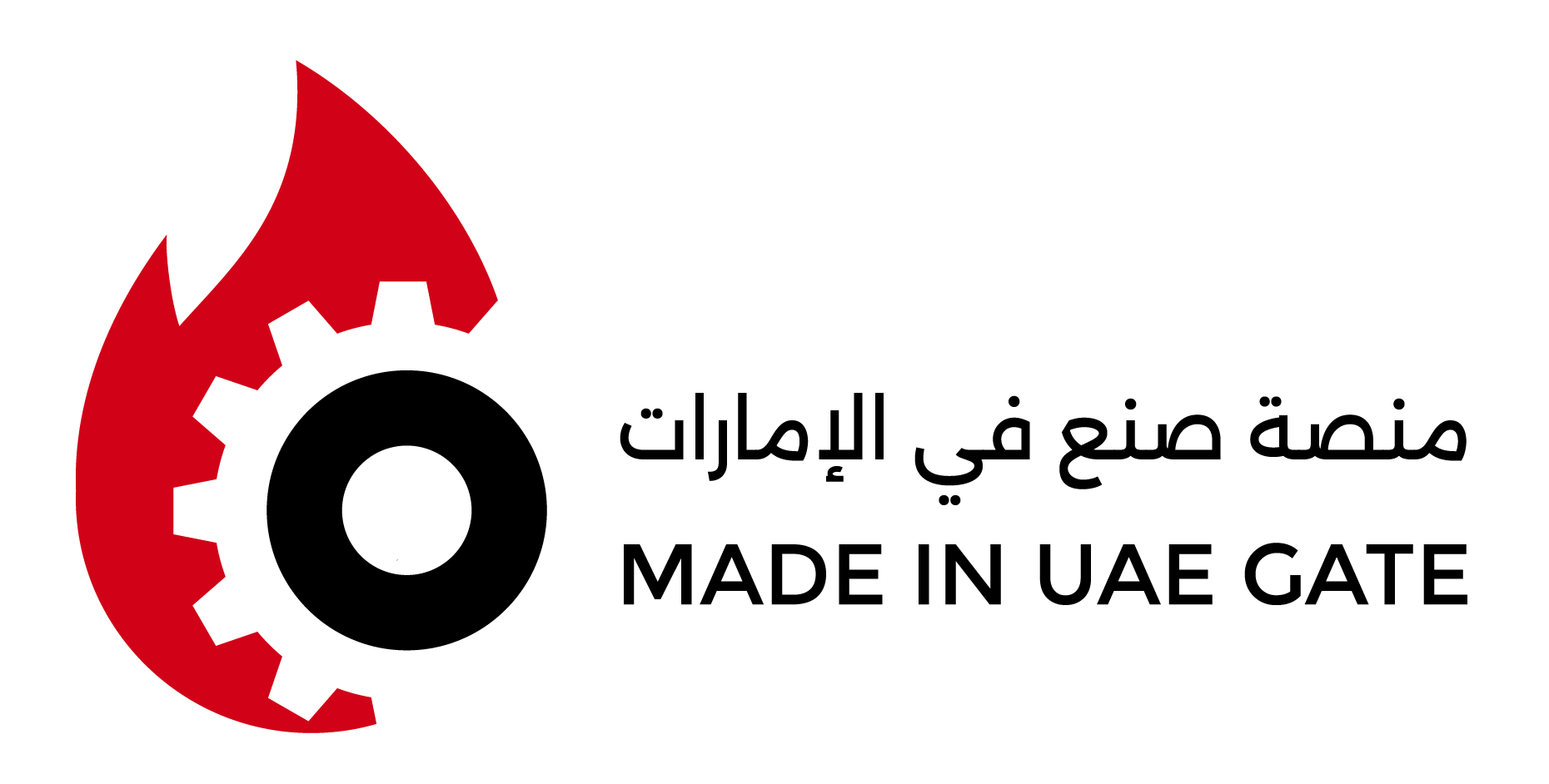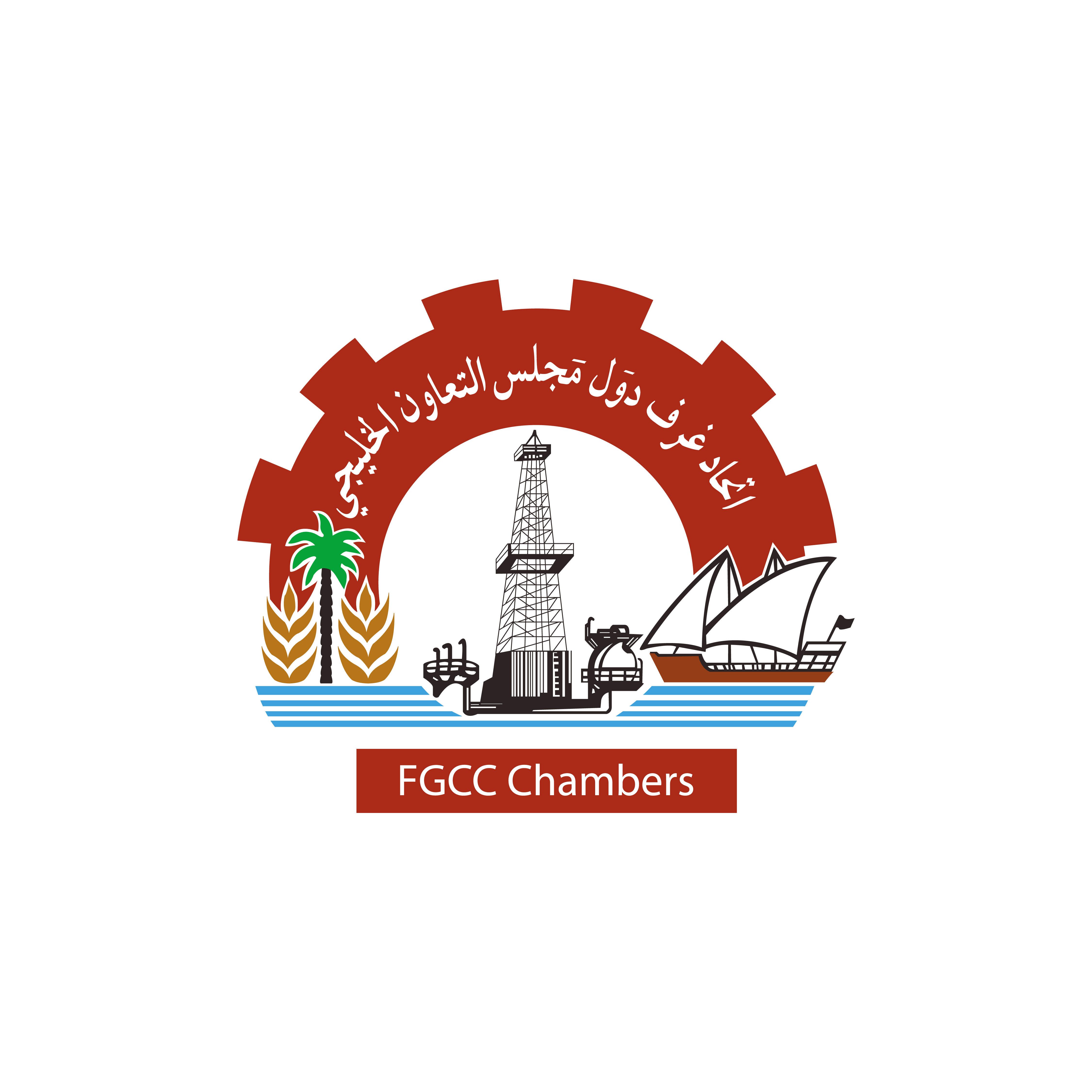His Highness Sheikh Dr. Sultan bin Mohammed Al Qasimi, Supreme Council Member and Ruler of Sharjah, has approved the emirate’s general budget, which reached an impressive total of approximately AED42 billion—the largest in the emirate’s history.
This budget aims to foster financial sustainability, uphold a decent standard of living, and promote social welfare for all residents. Additionally, it seeks to strengthen social security, enhance safety measures, and ensure the sustainability of vital resources such as energy, water, and food.
The budget aims to strengthen government agencies’ capacity to fund their strategic initiatives and projects, ensure appropriate housing for diverse groups of citizens across Sharjah, and enhance the tourism infrastructure. These efforts are designed to boost cultural, recreational, and social tourism, ultimately increasing this crucial sector’s contribution to sustainable economic development.
The 2025 general budget is grounded on several strategic and financial pillars. It emphasised a dedicated effort to cultivate a pioneering environment in the social, cultural, health, tourism, and infrastructure sectors to match those of advanced countries, ensuring that the residents of the emirate benefit from the economic prosperity achieved.
The budget aims to bolster the government’s capabilities in addressing the global and regional challenges that impact economies worldwide, such as inflation, rising interest rates, economic downturns, and geopolitical tensions, which undoubtedly touch every nation.
The Sharjah government is committed to leveraging its financial, economic, and strategic resources to mitigate the adverse effects of these challenges on the region’s financial landscape. Their goal is to safeguard the interests of UAE citizens, residents, businesses, and institutions operating within Sharjah.
The government’s overall budget has embraced a variety of strategic goals, priorities, and performance indicators that encompass economic, social, scientific, cultural, civilisational, tourism, and structural dimensions. At the heart of this initiative is the citizen, who remains the primary focus.
Guided by the directives of H.H. the Ruler of Sharjah, the emirate’s budget aims to foster a decent quality of life for citizens and residents. This is achieved through the implementation of numerous projects and initiatives across different sectors, ensuring that everyone experiences economic and social stability, as well as security and safety.
The budget aims to accomplish several key objectives. Foremost among these is the enhancement of investment in infrastructure alongside economic, social, cultural, and tourism initiatives that boost the emirate’s competitiveness and ensure its financial sustainability.
The budget also focused on providing social support in various forms to meet citizens’ diverse needs and guarantee a decent quality of life.
Moreover, it emphasised creating job opportunities in both public and private sectors. Special attention is given to developing the skills and capabilities of citizens seeking employment, equipping them with valuable entrepreneurial skills to thrive in practical settings.
This initiative is designed to inspire them to contribute meaningfully to transforming Sharjah into a vibrant scientific and cultural hub while also cultivating a distinctive environment for tourism and economic activity. Ultimately, these efforts aim to strengthen Sharjah’s cultural, economic, and financial standing locally and internationally.
The budget aims to utilise and develop the most effective means and technologies to boost the economy, encourage development, and ensure financial sustainability. It also highlighted the growing importance of national human resources and their vital role in construction and sustainable development processes, all of which the budget intends to achieve during the fiscal year 2025.
In alignment with the government’s financial plan for 2023-2030, the budget focused on managing and optimising spending in areas that may not add value to competitiveness or financial sustainability. This approach is designed to enhance the efficiency of government spending management across the emirate and improve the capabilities of agencies to fund their programmes, activities, and strategic plans. Consequently, the 2025 budget sees a 2% increase over the budget for 2024.
Sheikh Mohammed bin Saud Al Qasimi, Chairman of the Sharjah Finance Department, emphasised that the emirate’s general budget encompasses a range of strategic and financial goals that resonate with the ambitious directives of the Ruler of Sharjah. This reflects his comprehensive and evolving vision, along with the guidance from the Executive Council and the strategic outlook of the Central Finance Department to achieve the highest levels of financial sustainability and manage government financial resources efficiently.
The budget also focused on enhancing the emirate’s competitiveness across various economic, social, and infrastructure domains, while ensuring ample support for government agencies to deliver services that meet international standards. Performance indicators from the budget are tailored to measure these standards effectively. Furthermore, there is a strong emphasis on bolstering strategic partnerships with the private sector, providing ongoing support to ensure its continuous growth and advancement within the emirate.
For the 2025 general budget, multiple development tools and innovative financing techniques have been adopted to explore the best possible funding opportunities both internally and externally. This approach aims to secure financial sustainability for the government, which has rolled out an integrated strategy in collaboration with relevant government agencies to enhance the digital transformation of various financial services. This includes modernising electronic payment and collection methods, thereby offering competitive services to customers.
Additionally, these efforts improve the capacity of government agencies to streamline operations and minimise red tape, ultimately paving the way for a significant improvement in the emirate’s government financial system.
Sheikh Mohammed bin Saud stated that the 2025 general budget has two main dimensions: economic and social development aimed at improving the quality of life for residents and strategic development focusing on enhancing the government’s financial sustainability.
The budget includes strategic priorities to stimulate the emirate’s economy through discounts and a review of various service fees to lower costs for customers and investors. It emphasised fulfilling developmental and social needs to achieve economic growth, boosting Sharjah’s position in regional and global markets.
Additionally, the budget aims to improve financial stability and competitiveness by providing efficient financial and strategic services, fostering an appealing environment for both local and international investors, and enhancing tourism opportunities across cultural, heritage, therapeutic, scientific, and recreational sectors.
All data, indicators, and outcomes are aligned with international financial standards regarding inflation rates, sectoral spending, and other macroeconomic metrics, while also strengthening policies to control and rationalise government spending.
According to Sheikh Mohammed, the budget outlined a strategic direction for the emirate, focusing on developing infrastructure in key facilities and areas, environmental preservation, public health initiatives, and promoting tourism through various projects overseen by H.H. the Ruler of Sharjah. These efforts are intended to enhance the emirate’s status as a destination for tourism, science, and culture while establishing a favourable investment environment.
The budget aims to develop investment in human resources and increase employment opportunities, which are identified as strategic priorities. It also emphasises financial support for government agencies to meet their funding requirements, thereby enhancing their capabilities to implement strategic and operational initiatives. Additionally, the budget seeks to provide high-quality services to all residents, adhering to standards and practices that contribute to the well-being of society, positioning Sharjah as a notable location on the global cultural, scientific, and tourism landscape.
The figures from the general budget for 2025 revealed a 2% increase in expenditures compared to the 2024 budget. In this budget, salaries and wages make up 27%, while operating expenses account for 23%.
The government has continued its commitment to capital projects, ensuring that this budget remains significant at 20% of the total. Additionally, the budget for loan repayments and interest has risen by 2% to constitute 16% of the overall budget for 2025, reinforcing the government’s capability and financial stability in fulfilling its obligations.
On the other hand, the budget for support and aid represents about 12% of the general budget, with capital expenditures comprising roughly 2% of the total for 2025.
Classifying the budget based on economic sectors is a crucial tool that reflects the government’s strategic direction. For 2025, the infrastructure sector takes the lead, accounting for 41% of the total general budget. This marks a 7% increase compared to the 2024 budget, showcasing the government’s strong commitment to enhancing the emirate’s infrastructure. This focus serves as a key pillar for sustainable development and aims to attract both foreign and local investments across various vital sectors.
The economic development sector ranks second in terms of relative significance, making up approximately 27% of the total general budget for 2025.
Meanwhile, the social development sector holds third place, accounting for about 22% of the total general budget for 2024. This sector has maintained its importance relative to the overall budget compared to 2024, ensuring that we provide the best possible services, support, and assistance to both citizens and residents in the emirate.
Furthermore, the government administration, security, and safety sector constitute about 10% of the total general budget for 2025, reflecting an increase of 8% from the 2024 budget.
The government has placed a strong emphasis on boosting public revenues by enhancing collection efficiency and adopting advanced technical and smart tools. The 2025 budget indicated a notable 8% increase in public revenues compared to the 2024 figures. Operating revenues will account for 74% of the total revenue budget for 2025, reflecting a significant 16% increase over the prior year’s operating revenues. Meanwhile, capital revenues are projected to represent 10% of the total for 2025.
Tax revenues are set to contribute approximately 10% of the overall public revenues for 2025, marking a 15% rise compared to the 2024 tax revenue projections. Additionally, customs revenues are expected to account for 4% of the total, maintaining this figure relative to its importance in the previous year.
Finally, oil and gas revenues will make up about 2% of the total revenue budget for 2025.



